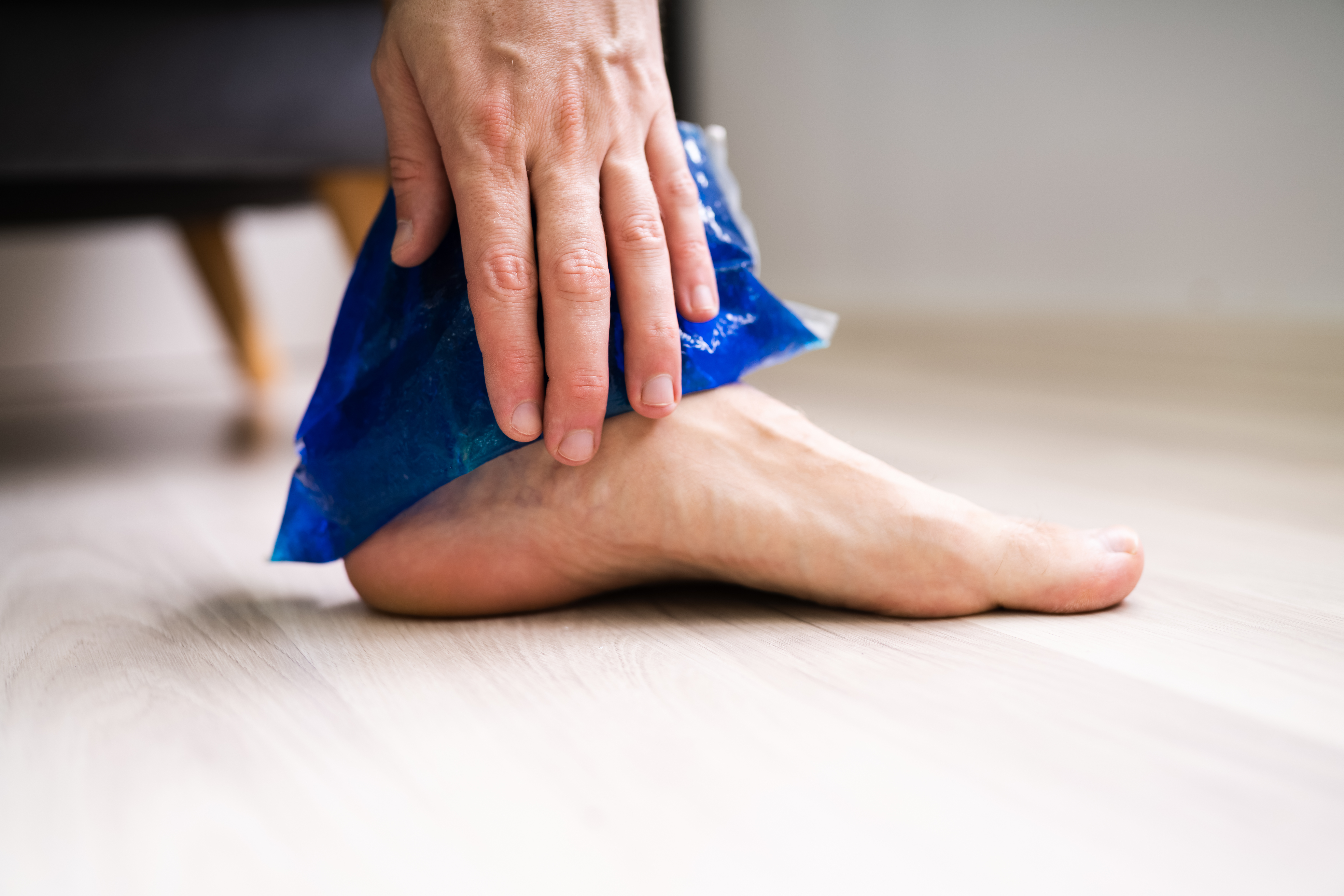If you’re finding that you’re both mentally and physically fried during the day — whether or not you’re getting enough sleep at night — Washington Center for Rehabilitation and Nursing suggests that you may want to work a nap into your routine.
According to the National Sleep Foundation, a nap of 20–30 minutes in length will boost your short-term awareness levels without interfering with your sleep at night.
However, a recent study takes this recommendation further and suggests naps could be even more vital for seniors.
The study, conducted in China, concludes that an early-afternoon nap of around one hour is ideal for improving cognitive functioning among older adults.
Those napping a moderate amount (around one hour) were shown to have about four to six times better cognitive performance than those who didn’t nap at all, took a short nap (less than 30 minutes), or took an extended nap (longer than 90 minutes).
The National Sleep Foundation does warn that a nap over 30 minutes in length can result in sleep inertia, which is that groggy feeling that sometimes follows sleep. It’s only temporary, so if you have time to recover, it may not be a big deal to you. However, if you need to be sharp right after your nap, you may want to take this information into consideration.
If you’re also going to try to make napping part of your routine, make sure you have a quiet, comfortable place to do so — one that doesn’t have a lot of natural light coming in. Having an area that’s conducive to sleep will keep you from having to spend your nap time just trying to fall asleep, instead of actually doing so.






